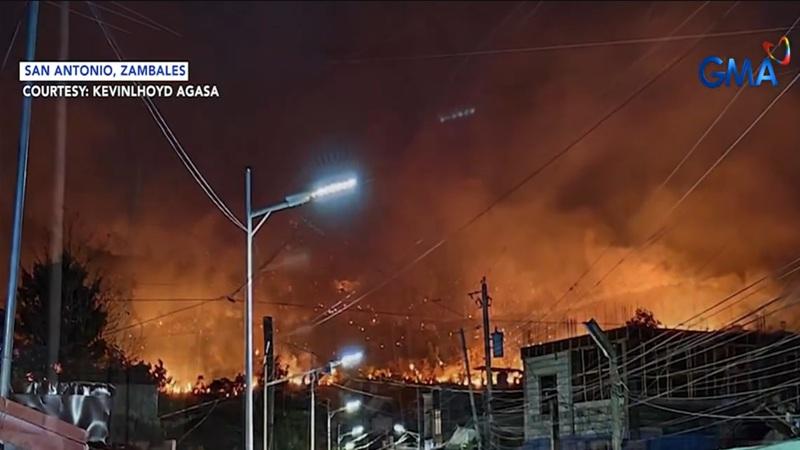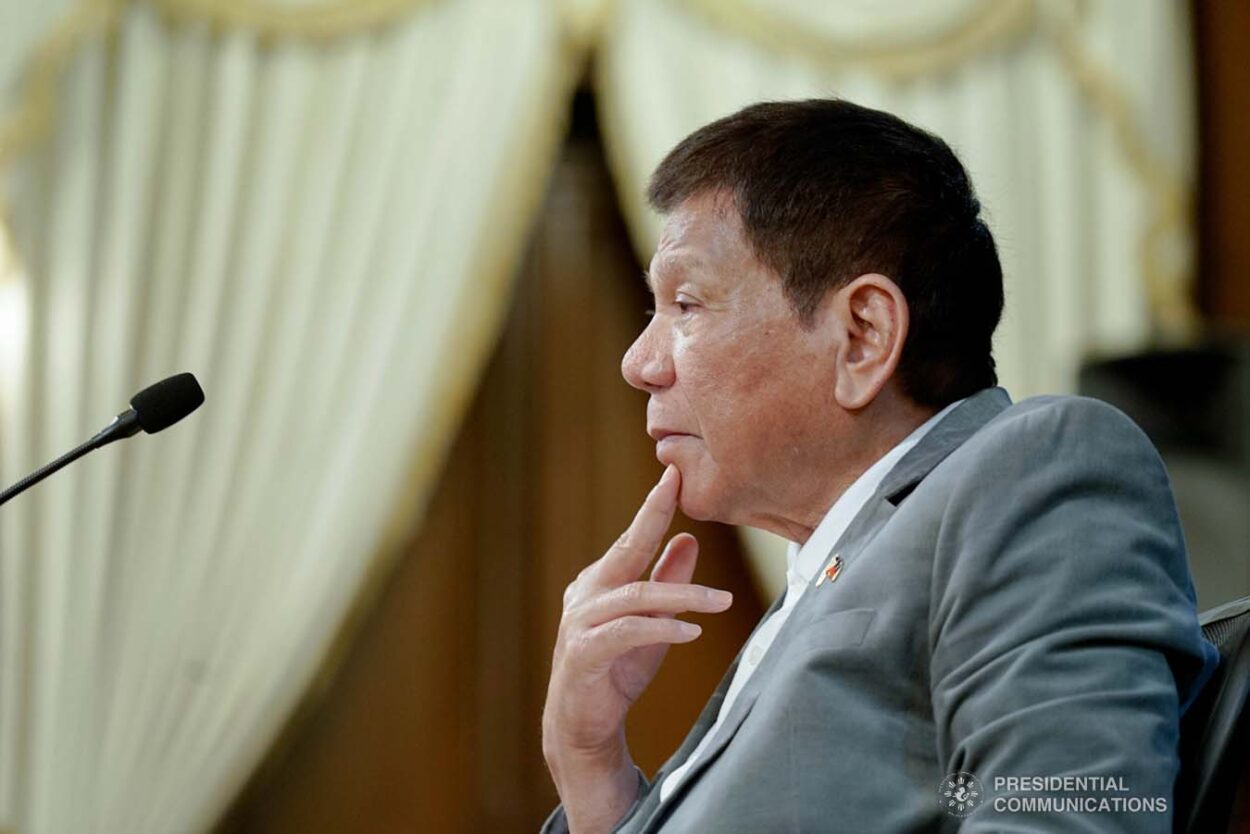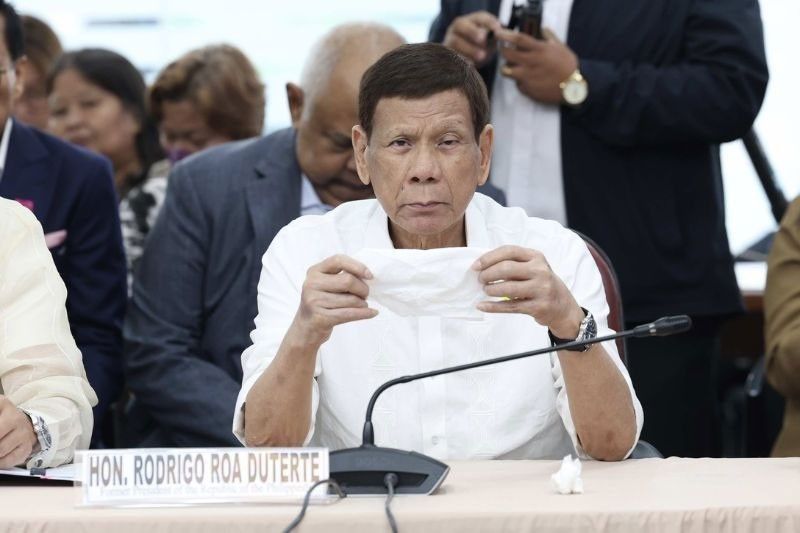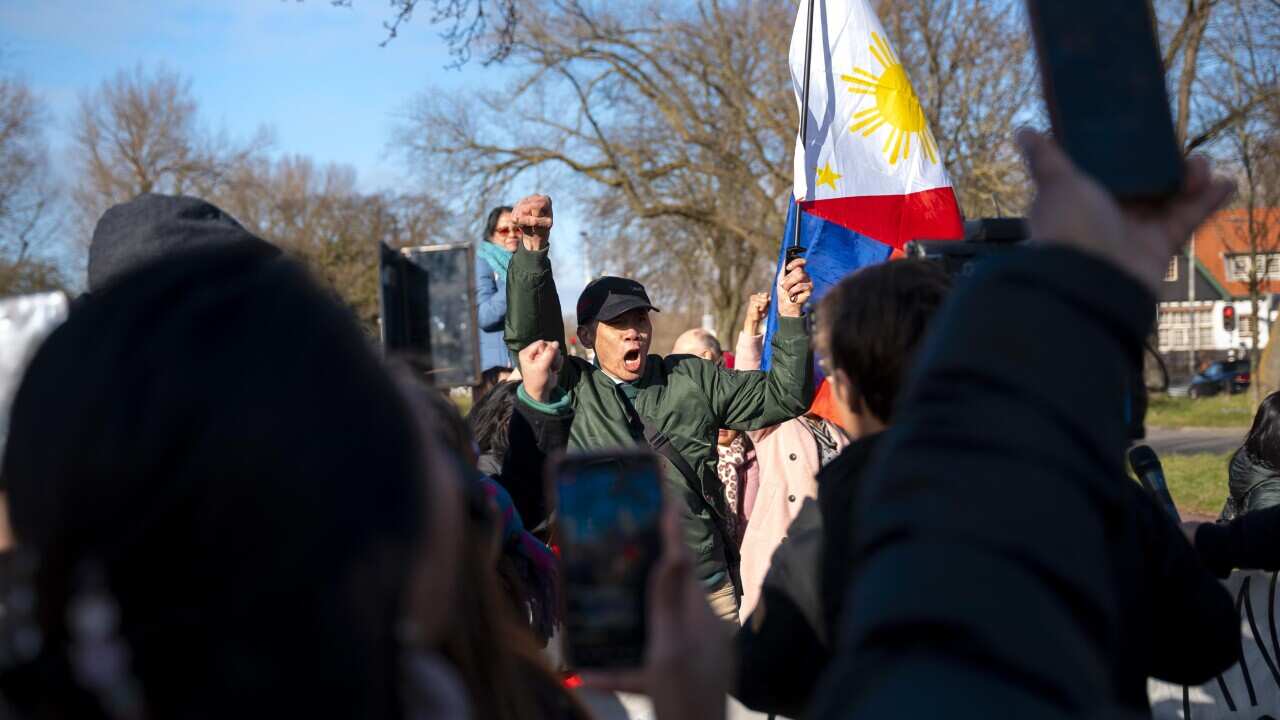Malacañang Defends Duterte Arrest Cooperation: 'No Betrayal' Stance

Malacañang Palace firmly refuted claims of betrayal following its cooperation with Interpol in executing an arrest warrant issued by the International Criminal Court (ICC) against former President Rodrigo Duterte. Presidential spokesperson clarified that the government is obligated to comply with legal processes and international agreements, emphasizing that assisting in the warrant's implementation doesn't constitute a personal affront to the former leader.
The controversy arose after the ICC issued a warrant for Duterte's arrest in connection with his handling of the drug war during his presidency. Critics quickly accused the current administration of disloyalty and undermining Duterte's legacy. However, Malacañang has consistently maintained that its actions are purely procedural and based on the rule of law.
“The Palace respects the legal processes and obligations of the country to international agreements. The decision to assist Interpol is a matter of adhering to these commitments, not a reflection of any personal sentiment towards former President Duterte,” the spokesperson stated. “We are not taking sides in any political debate, but upholding the principles of justice and accountability.”
Understanding the Legal Framework
The Philippines withdrew from the ICC in 2019, following the court's investigation into the drug war. Despite this withdrawal, the ICC retains jurisdiction over crimes committed before the Philippines' exit. This means that the warrant remains valid and Interpol is obligated to act upon it.
Legal experts have pointed out that the government's cooperation with Interpol is not an act of defiance but a fulfillment of its treaty obligations. Refusing to assist Interpol could have led to diplomatic repercussions and potentially even sanctions.
Duterte’s Reaction and Political Fallout
Former President Duterte has publicly denounced the ICC and the warrant, dismissing it as a politically motivated attack. He has also criticized the current administration for its cooperation, accusing them of abandoning him. This has fueled a wave of support for Duterte among his loyalists, who view the arrest warrant as a blatant attempt to discredit him.
The situation has created a complex political landscape, with tensions rising between Duterte's supporters and those who believe he should be held accountable for alleged human rights violations. The government is attempting to navigate this delicate situation while upholding its legal obligations.
Looking Ahead
The arrest warrant against Duterte remains a significant legal and political challenge for the Philippines. While the likelihood of Duterte being physically arrested and transferred to The Hague is considered low, the ongoing proceedings before the ICC will continue to scrutinize his actions during his presidency. The government's response to this situation will undoubtedly shape its relationship with the international community and its commitment to the rule of law.
Malacañang's consistent message of adherence to legal processes and international obligations aims to reassure both domestic and international audiences that the Philippines remains committed to justice, even when it involves high-profile figures.






